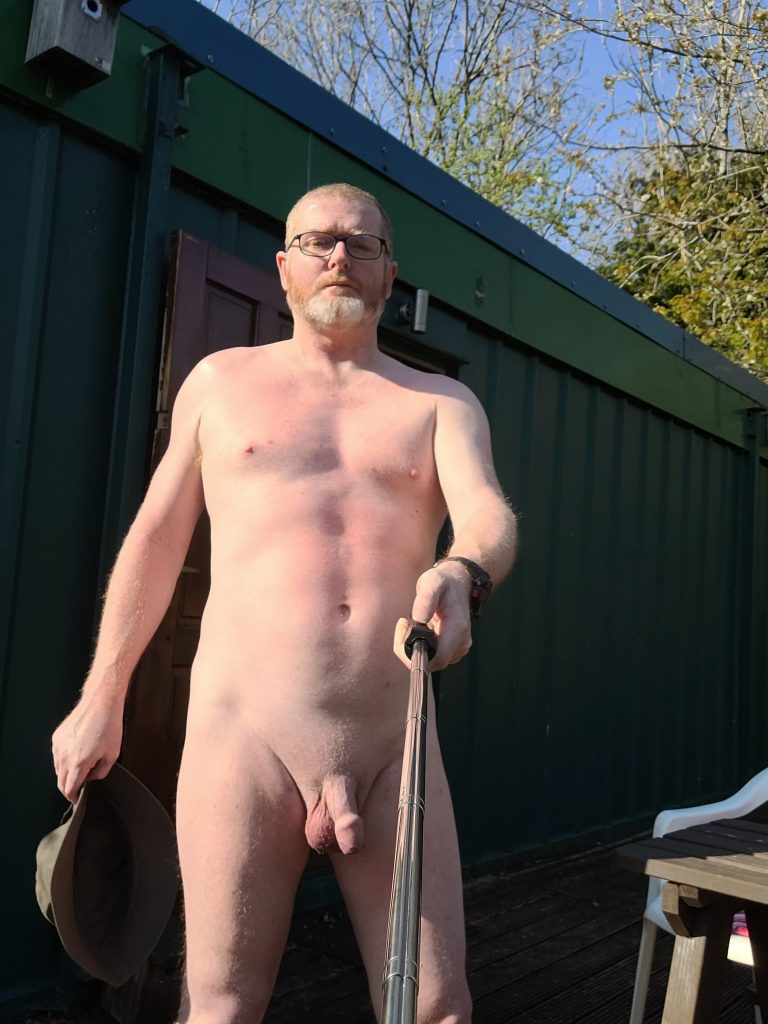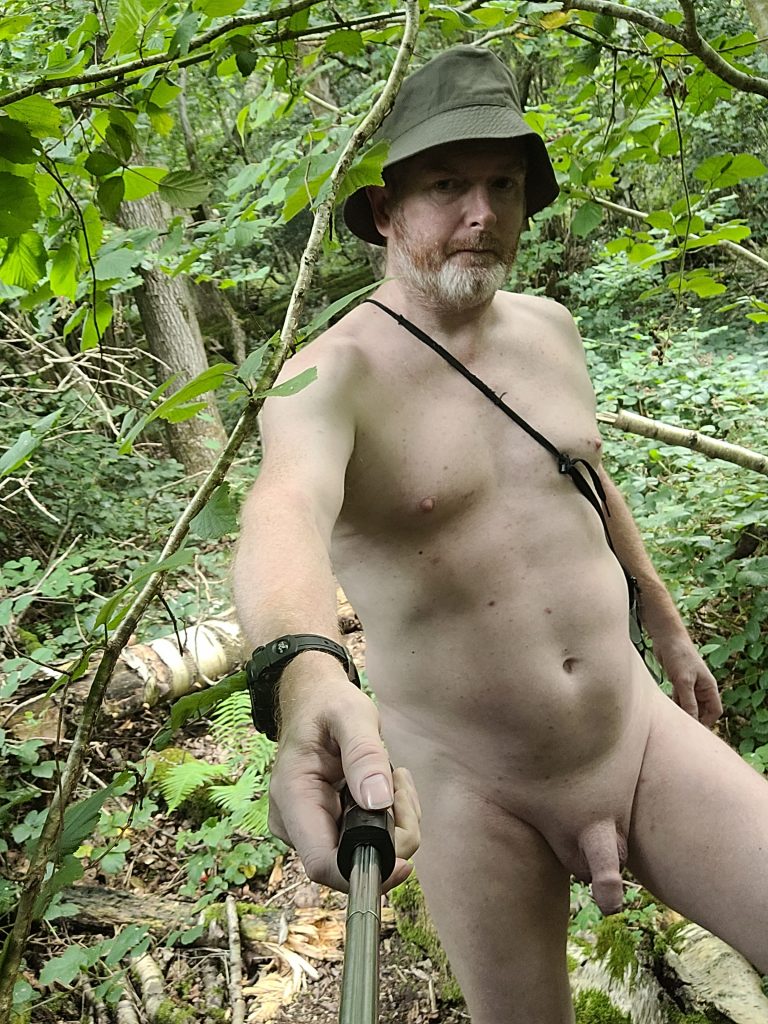I was thinking about writing a post about how being a naturist does not mean being anti sex
However, this story tells it better than I can.
Find the original here
Nude and Happy Original post December 10, 2025
Can You Be a Naturist and Enjoy Porn? A Conversation We’ve Avoided for Too Long
Disclaimer:
This article explores the intersection of naturism and sexuality, including the topic of pornography. Some readers may find this discussion uncomfortable or challenging. The intention is not to shock, judge, or prescribe behavior, but to offer a safe, thoughtful space to consider how naturism and private sexual interests can coexist.
The Question That Opens a Door
It arrived quietly, the way delicate questions often do. A friend wrote to me asking whether a naturist can enjoy porn. Not as a provocation. Not as a confession. Just a simple question wrapped in a tremor of vulnerability.
I immediately sensed what was behind it, not guilt, but uncertainty. A feeling that his private life and his naturist values might somehow collide. As if admitting that he likes porn would make him a “bad naturist,” or worse, reinforce the tired myths people attach to social nudity.
My answer was yes.
But a single word can’t hold a topic this misunderstood.
The Weight Naturists Carry
Anyone who has walked the naturist path long enough knows the burden that floats around us. Because society tends to sexualize nudity, naturists become hyper-aware of how they are perceived. We spend decades clarifying, educating, correcting misconceptions. And when you spend so much time explaining that naturism isn’t sexual, it’s easy to start believing that naturists themselves must be spotless, desireless, free of anything that could be labeled erotic.
Over time, a strange silence forms. Pleasure, desire, and fantasy get tucked away, not because they’re inappropriate, but because we fear they will be misunderstood.
This silence doesn’t make us better naturists. It just makes us less honest.
Two Rooms in the Same House
Porn, sex, and eroticism live in the room where desire stretches its limbs. Naturism lives elsewhere: in the room of simplicity, sunlight, comfort, and community. They are different rooms, with different atmospheres, different expectations, different rules.
Walking into one doesn’t erase the other.
The calm of a sunrise naked walk isn’t tainted by the fact that the same person may explore erotic content in their private life. And enjoying porn doesn’t magically inject sexual meaning into a naturist beach where everyone is simply sharing the quiet pleasure of being human without clothing.
Naturism loses nothing by acknowledging that its practitioners are full human beings.
The Fear Behind the Question
When my friend asked if these two worlds can coexist, I could feel the deeper concern:
Is it safe to be whole here?
Is it safe to say I am both a naturist and a sexual person?
For many, naturism becomes a refuge from judgment. The last thing they want is to bring anything into that refuge that could make them feel vulnerable again.
But the vulnerability already exists. We just rarely speak it aloud.
I’ve heard countless naturists whisper similar questions around campfires, during late-night conversations, or in private messages. They speak softly, as if they’re revealing a secret, when all they’re doing is describing ordinary human experience.
When Boundaries Become Clarity
The real issue isn’t whether naturists enjoy porn. It’s whether we know how to distinguish private sexuality from shared non-sexual nudity.
Most naturists do this effortlessly. The boundary is already there: what happens in your personal erotic life belongs to you. What happens in a community naturist environment belongs to everyone, and therefore follows the rules of respect and non-sexual behavior.
The problem isn’t the existence of sexual desire. The problem is pretending naturists shouldn’t have any.
If anything, honest boundaries make naturism safer, clearer, and more welcoming. Newcomers relax when they realize naturists aren’t trying to deny their humanity — just create spaces where humanity can breathe without expectation or pressure.
Making Space for the Whole Person
The long-term health of naturism depends on this honesty. If we ask naturists to amputate parts of themselves — their desires, their fantasies, their sexuality — we aren’t cultivating body acceptance. We’re creating a sanitized illusion.
Naturism is richer when it includes whole people, not edited versions.
My friend’s question gave me hope, because it showed a desire for openness. He wasn’t trying to redefine naturism. He was trying to understand how to be authentic inside it. His instinct was right: naturism doesn’t need us to be pure; it needs us to be real.
So… Can You Be a Naturist and Enjoy Porn?
Yes. Completely. Peacefully. Without guilt.
You can lie on a naturist beach and feel the breeze on your skin, knowing that later, in the privacy of your home, you might explore your erotic imagination through porn. One experience doesn’t stain or diminish the other.
They belong to different emotional landscapes. They coexist because we do.
And if naturism can’t make room for the full human being, then it’s not a philosophy of freedom anymore — it becomes another place where people feel the need to hide.
I don’t want that. And I suspect you don’t either.
Naturism should remain a place where honesty feels safe, where bodies feel welcome, and where humanity — the whole messy, sensual, curious, beautiful spectrum of it — doesn’t need to hide in the shadows.
Get Nude, Stay Nude, Live Nude and Share the Nude Love!
See my adult page here

